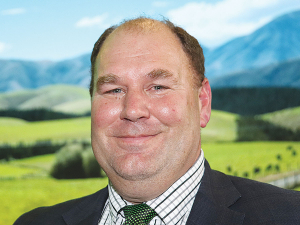An independent body, providing advice on animal welfare to the Government, has been told to change the way in which it deals with stakeholders while developing livestock codes of welfare.
The directive to the National Animal Welfare Advisory Committee (NAWAC) from Associate Agriculture Minister Andrew Hoggard is part of the National-ACT coalition deal, which calls for a review of the independent body.
As a first step, a letter to NAWAC chair Matthew Stone, setting out the expectations of the Government, was sent by Hoggard.
In the letter, Hoggard directs NAWAC to “consider practicality and economic impact of any proposals, if relevant”.
“I am aware that significant concerns were raised by industry stakeholders regarding the practicality and economic impacts of some proposals put forward by NAWAC in its recent consultations for the pigs and dairy cattle code of welfare and associated regulations.
“Minimum standards and regulations impose legal obligations on owners and persons in charge of animals. As such, it is in line with the principles of good regulatory practice to consider if those legal obligations are practical and proportional.
“Going forward, it is my expectation that NAWAC will give greater regard where questions of feasibility arise, or that are likely to incur significant financial outlay like capital expenditure of infrastructure or additional costs driven by changing practices.
“When appropriate, NAWAC should undertake or seek more detailed analysis of the impact of its proposals.”
Hoggard also directed NAWAC to engage openly, positively, and in a genuine way with all stakeholders.
NAWAC is currently working on livestock codes of welfare for dairy cattle, sheep and beef, and deer. Hoggard wants the committee to next look at poultry codes - layer hens, meat chickens, and breeders.
He has directed NAWAC to stop work on other codes like the rabbit code of welfare or ‘companion animals’ code of welfare.











